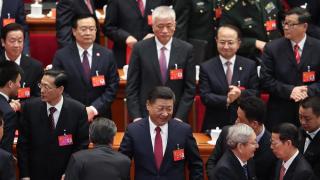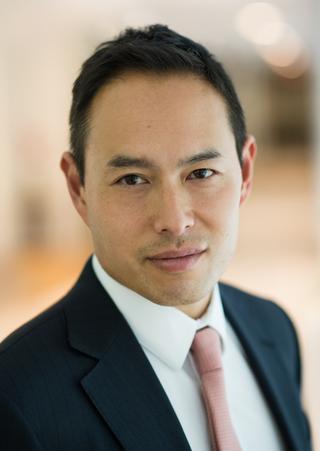Last week Chinese state intelligence officials detained Australian Yang Hengjun on suspicion of endangering national security.
He is not alone. Last month two Canadian businessmen, Michael Spavor and Michael Kovrig, were abruptly detained and investigated for the same reason. A fortnight ago Canadian Lloyd Schellenberg was unexpectedly given the death sentence for drug smuggling. Many, including Canadian Prime Minister Justin Trudeau, believe these separate actions are retaliation for the arrest of Huawei’s Meng Wanzhou in Vancouver.
As the so-called Chairman of Everything, it is likely that President Xi Jinping had knowledge of all these actions. If that is so, it has been a counterproductive few weeks. China’s aim has always been to split the US from its allies. Of highest importance are the Five Eyes countries: the US, Canada, Britain, Australia and New Zealand.
In addition to military alliances with the US, the Five Eyes constitute the most formidable intelligence-sharing network in the world. This network has done more than any other to expose the insidious actions of China’s United Front Work Department, which organises and co-ordinates influence operations abroad to increase support for the objectives of the Communist Party.
Five Eyes countries are leading the way when it comes to reducing dependence on Chinese firms in critical areas of the economy.
Moreover, and at the urging of intelligence officials, Five Eyes countries are leading the way when it comes to reducing dependence on Chinese firms in critical areas of the economy. For example, Australia has formally banned Huawei from its 5G rollout while Washington announced it will file criminal charges against Huawei for violating US sanctions against Iran and stealing trade secrets. This increases the likelihood of a total ban on equipment made by these firms such as Huawei. Britain and Canada have not made any decision but have expressed security concerns with Chinese firms.
Of course, credible intelligence pointing to what is at stake is just one element behind any policy decision. The decisive factor is adequate political will to absorb diplomatic and possibly economic costs of Chinese displeasure. Washington and Canberra have been the most forward leaning. But the three other Five Eyes governments have been far more reluctant to explicitly accept that China is already working against their interests.
This is why Beijing is shooting itself in the foot. Its exercise of arbitrary power over foreign citizens in China is causing the Communist Party to lose the battle for political hearts and minds. Previously the Trudeau government was accused by conservative opponents of being too lax in dealings with China. This even included accusations that Ottawa had become naive when it came to national security matters and technological co-operation with China. Last year Trudeau was reportedly briefed twice by intelligence officials about the dangers of allowing Huawei to help build the 5G network. Given recent events, it becomes politically difficult for Trudeau to make any argument for a softer approach towards China. Indeed, the Canadian leader took the dramatic step of sacking his ambassador to China, John McCallum, after McCallum said the arrest of Huawei’s Meng was unwarranted.
New Zealand remains the weakest link. Popular perceptions of China are overwhelmingly positive. The government of Jacinda Ardern has little political inclination to be critical of China and seems content to stay out of the fray. But domestic pressure is building.
A similar conversation about critical infrastructure is occurring in Britain. London is supposedly reconsidering its benign view of Huawei but has not yet turned. Theresa May’s government will be monitoring the injustices against the Canadians in alleged retaliation for the arrest of Meng. It only strengthens the case made by intelligence officials that Huawei enjoys the special support of the Chinese state, and presumably does Beijing’s bidding.
New Zealand remains the weakest link. Popular perceptions of China are overwhelmingly positive. The government of Jacinda Ardern has little political inclination to be critical of China and seems content to stay out of the fray. But domestic pressure is building.
In November a group of prominent academics released a letter urging Ardern to protect the safety of New Zealand academic Anne-Marie Brady, who had electronic files stolen from her home and her car sabotaged. Brady is a leading academic exposing the activities of China’s United Front in New Zealand and elsewhere.
That opaque and arbitrary display of power against foreign citizens in any and all contexts — within China or else by Communist Party-backed entities abroad — reinforces the broader perception that the reach of the Communist Party is deep, unaccountable and menacing. It buttresses the criticism that Xi’s power grab has taken China backwards, and that his dream of Chinese rejuvenation is good for himself, the Communist Party and China — in that order — but not for the region or the democratic world. Democratic governments will respond once they conclude that how the Communist Party rules China is indicative of how Beijing will wield power externally.
Xi’s objective is to isolate the Donald Trump administration and foment disunity and disagreement among the Five Eyes countries when it comes to taking tougher lines against China. But Beijing’s recent actions are achieving the opposite.






